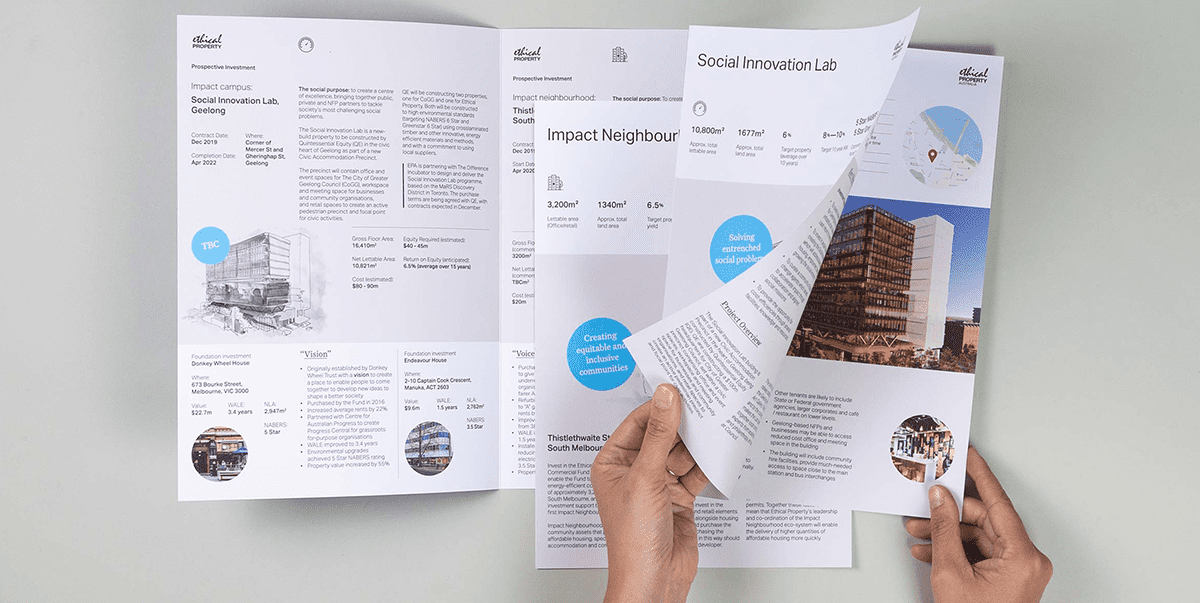
What do organisations think when they contemplate including environment and sustainability objectives within their business strategies?
Well, let’s put an environment and sustainability hat on our CEOs or managers. Some may think about politics and some may jump to a personal opinion about climate change. The leaders will think about their clients and consumers.
Here is a summary of the opinions that consumers are likely to have about climate change:
(a) Climate change is not happening;
(b) Climate change is happening but it is just a natural variation in the Earth’s temperature;
(c) Climate change is happening and it is human induced; and
(d) I don’t know.
The following is how a sample of Australians of a wide range of demographics answered the question in the CSIRO’s 2013 annual survey of Australian attitudes to climate change.
(a) 19%
(b) 38 %
(c) 47.3%
(d) 6.3 %
When two diabolically opposed climate change advocates meet, the result is an interesting television show. On ABC’s ‘I can change your mind about Climate’, a retired Australian Liberal Senator, Nick Minchin, went head-to-head with young environmentalist and co-founder of the Australian Youth Climate Coalition, Anna Rose. With 5439 votes counted, opinions are tracked by ABC’s online survey, which categorises respondents into five categories – dismissive, alarmed, concerned, doubtful, cautious, and disengaged – a different take on the positions stated above.
You run an organisation and you are questioning how far ‘sustainability’ and ‘environmentalism’ should be ingrained into your culture. Given the current political climate and the lack of media coverage, one would be forgiven for thinking that sustainable and environmentally friendly practices are to be abandoned in favour of more pressing needs, such as profitability.
Yet to the organisation, the debate is deadlocked and distracting. Instead, focus attention on your customers and understand the way in which their behaviour is being influenced by environmental concerns. In this way, you can best deliver the products and services that is of value to the current needs of the consumer, as well as secure your organisation’s long term survival. Even further, your organisation will be able to predict behavioural trends and identify and develop products and services in advance and in accordance with predicted demand.
The CSIRO survey above also made the following findings:
Of the 21 pro-environmental behaviours presented to respondents, the second greatest behavioural change (after recycling/composting household waste) was switching to environmentally friendly products: 50.2% switched to environmentally friendly products for environmental reasons, 25% switched mainly other reasons and 18.2% took no action at all. Consumers are also switching to products made locally and 31.3% of respondents are doing this for environmental reasons.
These are the trends that are, or should be, capturing the attention of business. Regardless of how many arguments are being had: in Parliament, between scientists or at the dinner table, people are switching to environmentally friendly products and services, primarily for environmental reasons.
The environment is not out of fashion. It’s so very hip. And that’s good business.
Utility companies should also take note. Solely for environmental reasons:
- 36.5% are switching off lights wherever possible
- 30.2 % are reducing electricity and gas usage around the house
- 40.8% are reducing the amount of water usage in the garden
- and all are doing so for environmental reasons
While at the same time:
- 16.7% are using Green Power electricity
- 14.9 % have installed hot water systems or panels
- 17.3% have installed a rain water tank on their property
- 8.5 % have installed a grey water tank on their property
The results are in. The climate change aside, consumers are shifting behaviour in ways that are friendly to the environment.
Here are some quick tips to attract the environmentally concerned consumer:
- Innovate – Question whether your organisation can be more environmentally friendly;
- Communicate – If your organisation is, ensure that your consumer is made well aware;
- Participate – Actively participate in environmental research and events; engage with consumers and other organisations to learn how you can better improve your product or service
At Ellis Jones, we understand how to align business strategies to broader environmental concerns.


